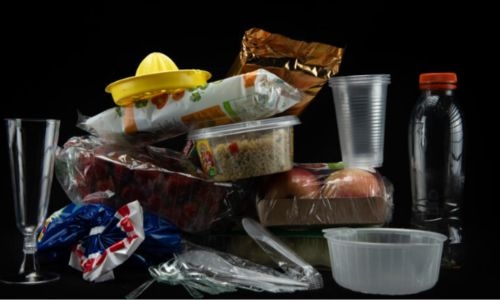More than 3,600 food packaging chemicals found in human bodies
AFP | Paris, France
The Daily Tribune - www.newsofbahrain.com
Email: editor@newsofbahrain.com
More than 3,600 chemicals used in food packaging or preparation have been detected in human bodies, some of which are hazardous to health, while little is known about others, a study published on Tuesday said.
Around 100 of these chemicals are considered to be of “high concern” to human health, said lead study author Birgit Geueke from the Food Packaging Forum Foundation, a Zurich-based NGO. Some of these chemicals are relatively well-studied and have already been found in human bodies, such as PFAS and bisphenol A -- both of which are the target of bans.
But little is known about the health effects of others, Geueke told AFP, calling for more research into how chemicals used in packaging end up being swallowed along with food.
The researchers had previously catalogued around 14,000 food contact chemicals (FCCs), which are capable of “migrating” into food from packaging made of plastic, paper, glass, metal or other materials.
They can also come from other parts of the food-making process, such as from conveyer belts or kitchen utensils.
The researchers the n searched for these chemicals in existing biomonitoring databases, which track chemicals in human samples.
The team was expecting to find a few hundred FCCs, Geueke said. Instead, they were surprised to find 3,601 -- a quarter of all the known FCCs. Geueke emphasised that this study could not show that all these chemicals necessarily ended up in bodies from food packaging, as “other exposure sources are possible”.
Among the “high concern” chemicals were numerous PFAS, also known as forever chemicals, which have been detected in many parts of the human body in recent years and linked to a range of health problems.
Also detected was bisphenol A, a hormone-disrupting chemical used to make plastics that has already been banned from baby bottles in many countries.
Another hormone-dis - rupting chemical was phthalates, which has been linked to infertility. Less is known about oligomers, which are also byproducts of plastic production. “There is almost no evidence on the health effects of these chemicals,” Geueke said.
Related Posts

